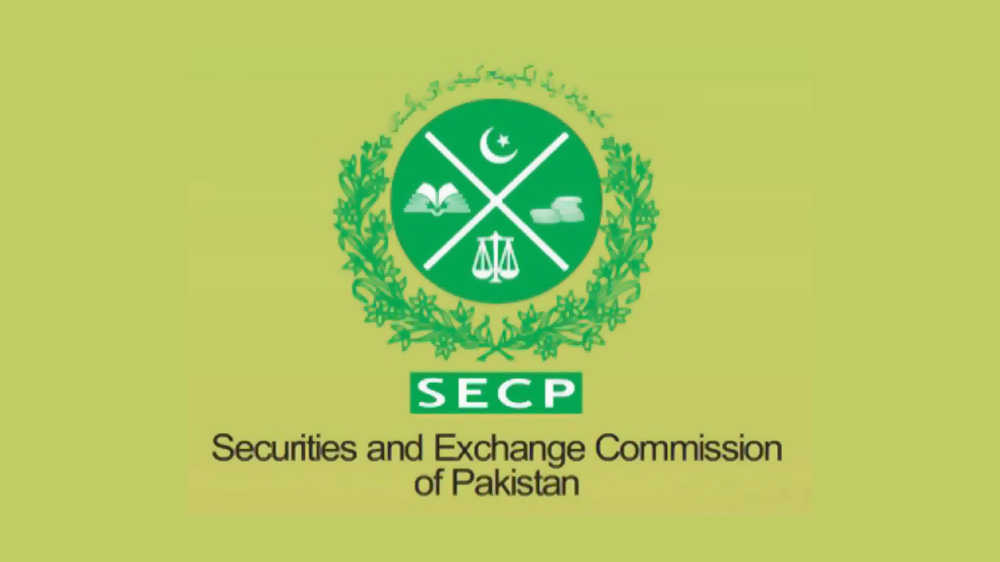In line with its objectives for creating a competitive and conducive playing field and to diversify the range of the Exchange Traded Funds (ETFs) available to investors, the Securities and Exchange Commission of Pakistan (SECP) has specified the framework for the issuance of Debt and Hybrid ETFs through Circular No. 20 of 2021. The circular also updates the existing framework for the equity ETFs.
Just like the equity ETFs, the debt ETFs are also passively managed and traded on a regular exchange. Debt ETFs allow ordinary investors to gain passive exposure to fixed income securities such as corporate bonds or Treasuries in an inexpensive way, while Hybrid ETFs allow investments in an index that has both debt and equity securities.
Investment in debt ETFs is well-suited for investors with a low-risk profile as it provides a strong defensive in addition to their investment portfolios.
The framework specifies the procedure for the listing, trading, clearing, and settlement of the ETF units besides the disclosure requirements for asset management companies and the obligations of market makers/authorized participants.
Internationally, the ETFs are among the fastest-growing investment products that are being customized to cover specific arrays of sectors, stocks, commodities, bonds, futures, and other asset classes.
The ETFs provide investors with various benefits such as trading flexibility, diversification of overall portfolios, and transparency in terms of publishing underlying holdings on a daily basis.
It is envisioned that the introduction of debt and hybrid ETFs to the Pakistan Stock Exchange will bring the Pakistani capital market on par with other regional and international jurisdictions and will go a long way in promoting capital formation and market development.
Courtesy: Pro Pakistani

